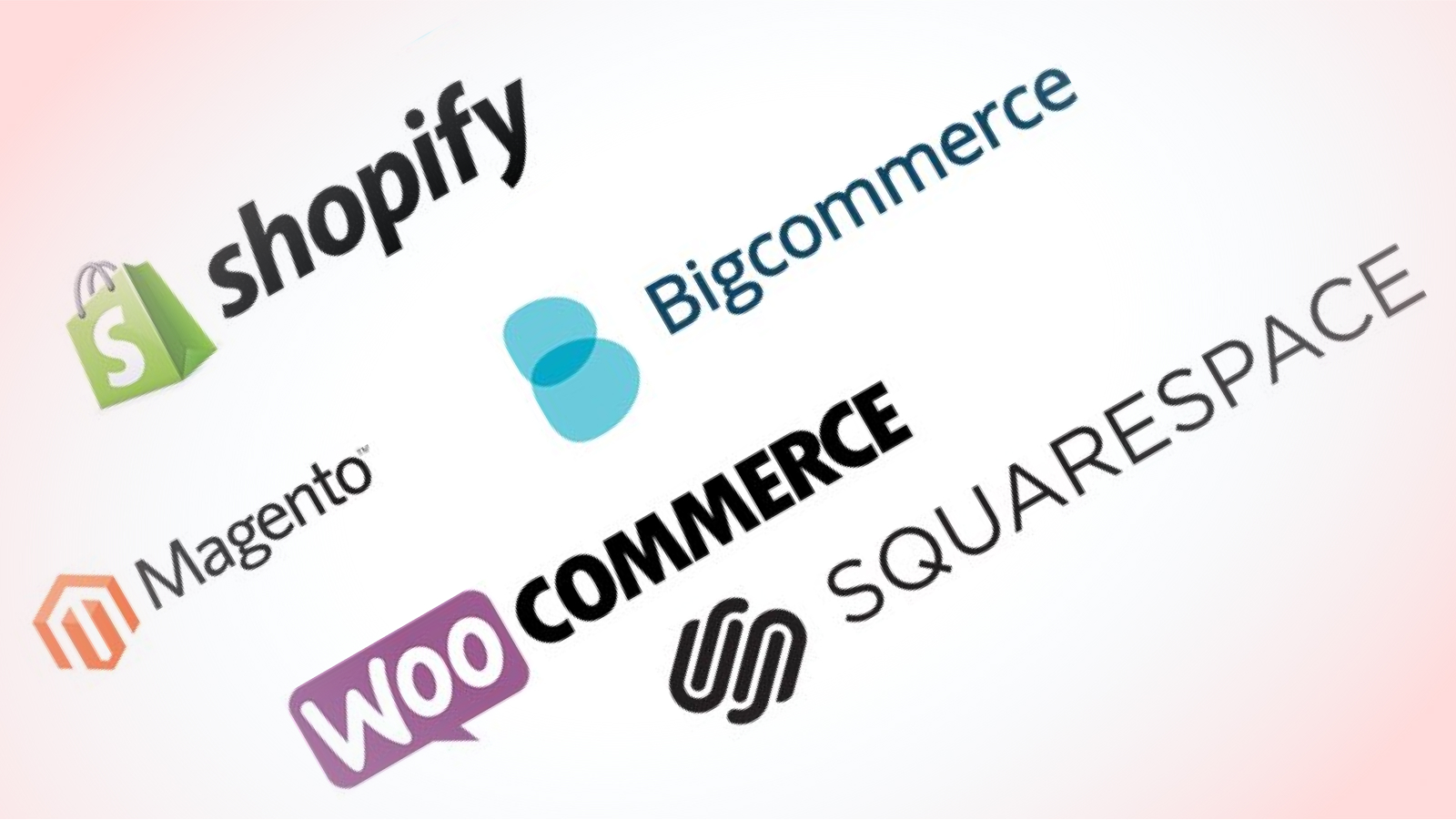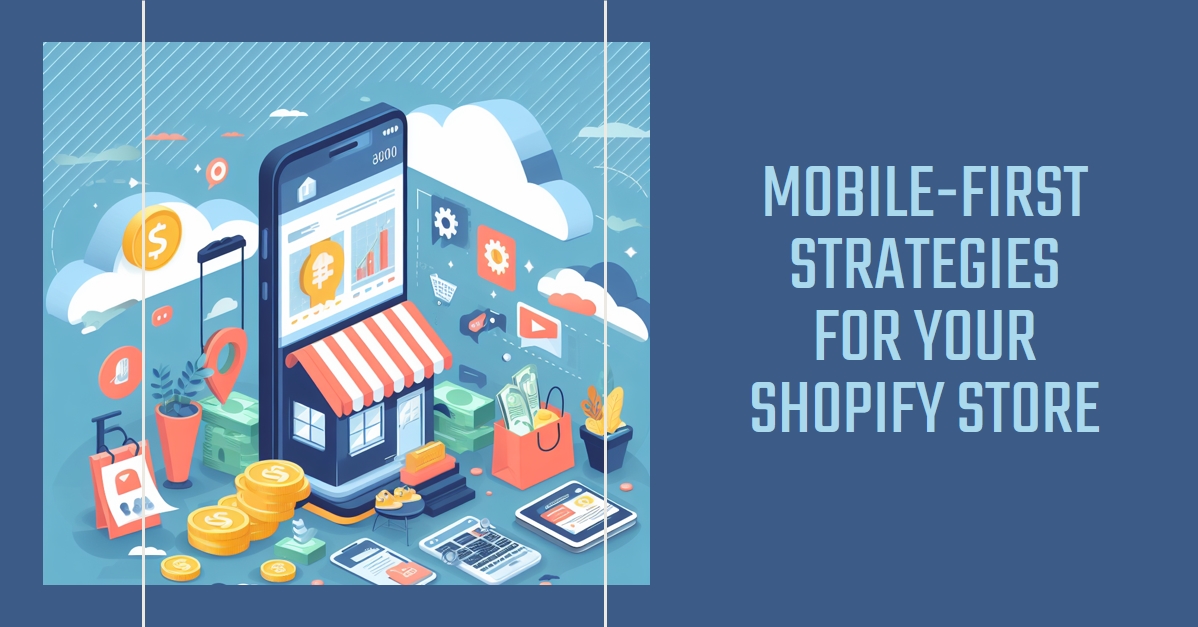When it comes to choosing an ecommerce solution for your business, the possibilities can seem endless.
When considering the best ecommerce platforms, you’ll have to think about such things as your budget, what features and tools you need, and so on.
When choosing an ecommerce platform to launch your online store, there are several factors to consider.
Here are ten points to consider when evaluating ecommerce platforms:
- Ease of use: The platform should be user-friendly and easy to navigate, both for you and your customers.
- Customization: The platform should allow you to customize your store's design and functionality to suit your brand and products.
- Payment processing: The platform should offer secure and reliable payment processing options for your customers.
- SEO tools: The platform should offer built-in SEO tools to help optimize your store for search engines.
- Mobile optimization: The platform should be optimized for mobile devices, as an increasing number of customers are shopping on their mobile devices.
- Multi-channel selling: The platform should allow you to sell your products across multiple channels, such as social media and online marketplaces.
- Integrations: The platform should integrate with other tools and services you use, such as email marketing and analytics platforms.
- Scalability: The platform should be able to scale with your business as it grows.
- Customer support: The platform should offer responsive and helpful customer support to assist you with any issues or questions.
- Pricing: The platform's pricing should fit within your budget and offer transparent and fair pricing structures.
Now, let's take a closer look at some of the popular ecommerce platforms and how they stack up against these factors:
Shopify
Shopify is one of the most popular ecommerce platforms, known for its ease of use and range of plans to suit businesses of all sizes. It offers customizable templates, secure payment processing, and built-in SEO tools. Shopify also offers multi-channel selling, integrations with other tools, and responsive customer support. However, Shopify's pricing can be higher than some other platforms, especially if you need to use many of its add-on features.
WooCommerce
WooCommerce is an open-source ecommerce platform that works with WordPress. It offers a range of customizable themes and plugins, including payment processing options and SEO tools. WooCommerce is highly customizable and can be used for businesses of all sizes. However, it may require more technical knowledge than some other platforms and can be more challenging to set up.
BigCommerce
BigCommerce offers a range of features, including multi-channel selling, customizable templates, and a range of marketing tools. It's known for its scalability and reliability, making it a good choice for larger businesses. BigCommerce also offers responsive customer support and integrations with other tools. However, it can be more expensive than some other platforms, especially for larger businesses.
Magento
Magento is a popular platform for larger ecommerce stores, offering features such as customizable themes, advanced inventory management, and powerful SEO tools. It's highly scalable and can be used for businesses of all sizes. However, Magento can require more technical knowledge than some other platforms and may be more challenging to set up.
Magento is now Adobe Commerce, uses AI and advanced data sharing capabilities to create end-to-end personalized B2C and B2B commerce experiences from a single platform that is flexible, extensible, and scalable.
Squarespace
Squarespace offers an all-in-one solution for building a website and selling products, with customizable templates and a range of ecommerce features. It's known for its user-friendly interface and offers integrations with other tools. However, Squarespace may be less customizable than some other platforms and may not offer as many advanced ecommerce features.
In conclusion, when choosing an ecommerce platform to launch your online store, it's important to consider the platform's features, ease of use, pricing, and scalability. Each platform has its strengths and weaknesses, so it's important to do your research and evaluate your options to determine which platform is the right fit for your ecommerce store. Empower your Shopify store with cutting-edge technology. Partner with our Shopify Experts at Omnibuz Labs to build breakthrough apps, explore customer retention strategies and enhance the brand value. Reach out to us at biteus@omnibuz.com to learn more.
Let's give your Shopify store the much-needed Superpowers.




